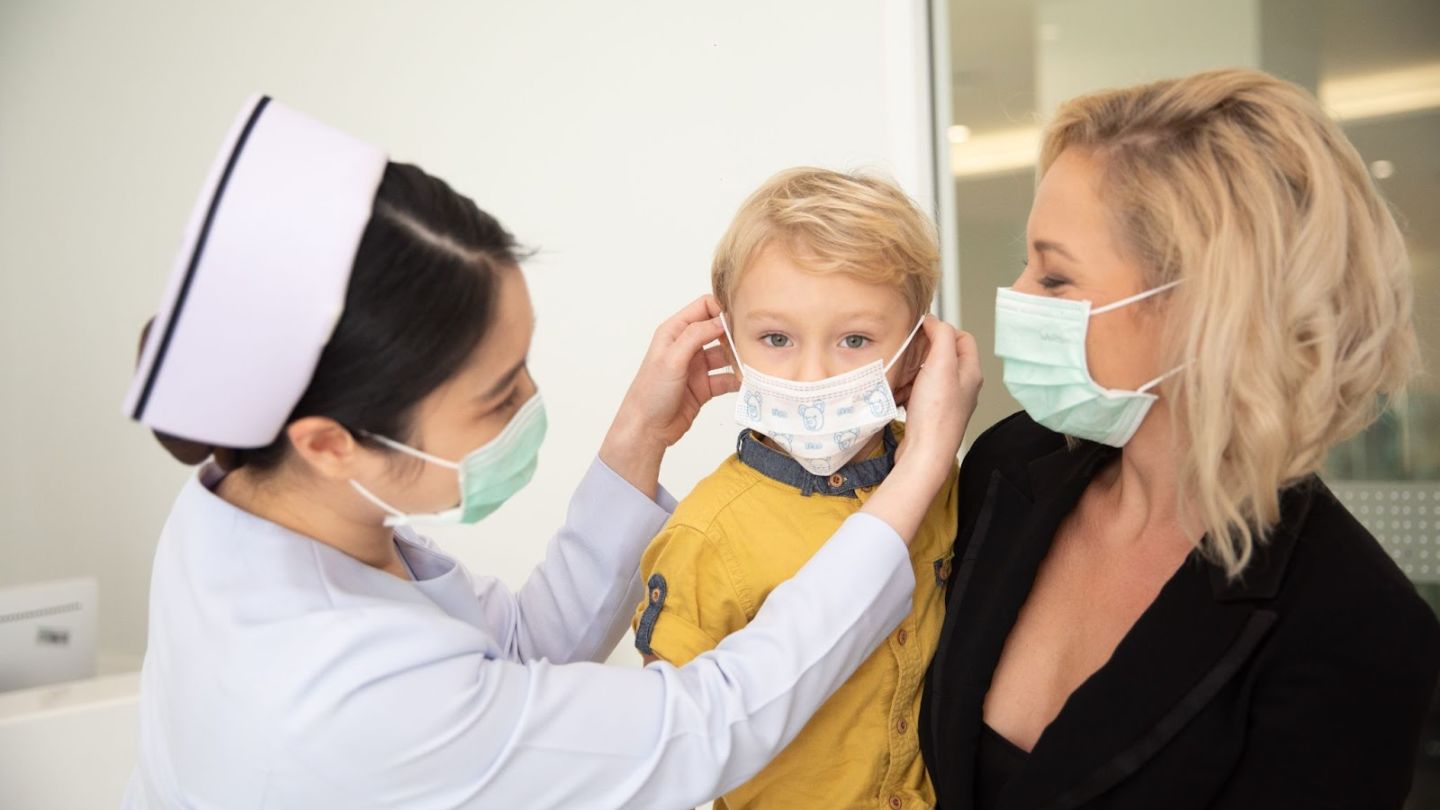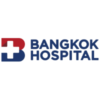You’d be forgiven for hearing the words “holistic medicine” and immediately thinking of an old lady, draped in stone necklaces and singing chants over burning incense, but that’s not the idea at Bangkok Hospital’s new Expat Care Center.
“It means looking at our patients as a person, and not just the diseases they might be dealing with,” says Dr. Pojnicha Mekaroonkamol, Internist at Expat Care Center, Bangkok Hospital. “The technical phrase is ‘biopsychosocial’. We take care of their physical health problems, but also pay attention to their emotions, mental health and even the social aspect in terms of their caretakers or knowing their family members.”
It’s a novel idea to many foreign expats, who are accustomed to wandering into their local hospital for a brief conversation with a doctor they have never met, getting a test or prescription, and leaving to never cross paths again (if all goes well). But the idea of a holistic approach to healthcare, an idea that traces its roots to American internist and psychiatrist George L. Engel in the 1970s, is gaining momentum among the world’s premier healthcare facilities.
The newly formed Expat Care Center at Bangkok International Hospital is following in this wake, aiming to combine world-class primary care (the experience most of us are used to when going to the doctor) alongside building strong doctor-patient relationships. It’s a specific boon for expatriates, says Dr. Pojnicha, who often find themselves far removed from the emotional support normally provided by close relatives or family doctors back home.
The facility acts as a central hub of sorts, connecting patients with case managers (essentially stewards who ensure a patient’s experience at the hospital is smooth and seamless) and general practitioners who form a deep understanding of each patient’s medical history and specific needs.
Photo: Bangkok Hospital
A culture of communication
With day-to-day caseloads of an average private hospital, it’s nearly impossible for even the most attentive doctors to give all their patients the type of attention needed for an operation like the Expat Care Center to function. How can a doctor be reasonably expected to remember a patient on a personal level when their interaction happened years ago and is buried under hundreds of other patient notes?
“We need to create a culture of handing over cases and enhancing the ability of communication among physicians,” says Dr. Asawin Puwatanasan, Assistant Hospital Director at Bangkok International Hospital. “It’s really important, and something we have lacked in this country.”
The idea is to create a strong network of communication among physicians, a community of sorts, that balances the needs of patients without burning out doctors. When a member of the Expat Care Center needs a pediatrist for their child, or specialist to look at their aching knee, the network is in place to support patients without a drop in care quality. This culture of close communication, Dr. Asawin says, continues throughout some 47 hospitals in BDMS’s Thailand network, and even foreign hospitals around the world if patients get sick abroad — even on-staff interpreters in the event a foreign doctor doesn’t speak English.
Photo: Bangkok Hospital
The missing emotional and social factors of health care
This culture of communication serves a key purpose in a foreigner’s health journey by providing a support structure that many expats simply don’t have while living aboard.
“When you are a foreigner going to work in another country with different cultures, you don’t necessarily have a lot of family members around you can turn to or ask questions when you have a problem,” says Dr. Pojnicha. “We want to make them feel that we are that contact point. For example, I’m an adult doctor who treats adults, but if my patients have kids I can connect them with pediatricians that I know and trust, and help coordinate things.”
This is particularly important for people with complex health issues or chronic problems that might require visits to various doctors over a long time frame. This is where the facility’s case managers come into play, helping to ensure that the hospital’s multidisciplinary approach yields the best outcomes — nothing gets lost in the cracks, and patients don’t feel like they are alone.
Photo: Bangkok Hospital
Preventative care at the forefront
One of the key ways doctor-patient relationship building and a culture of communication between doctors shines through is in something called preventative care. There is no way to prevent a person from having diseases, but through a deep knowledge of their patients, doctors can help to spot these issues well before they become destabilizing — scanning for genetic precursors to cancer or preventable conditions like high blood pressure.
“It starts from annual check-ups and screenings, even when you are healthy,” says Dr. Pojnicha. “This helps doctors see if you have any issues that might be hidden and schedule follow ups while discussing other things you might need.”
“Preventative medicine includes services from doctors, healthcare professionals like dieticians, phycologists and even physiotherapists and occupational therapists,” adds Dr. Asawin. “It’s about minimizing the chance of contracting diseases.”
The full-range of services at the Expat Care Center
- Primary care and family medicine.
- One-stop care service for comfort and convenience.
- A wide range of medical specialties and subspecialties to treat comorbidities in parallel to the main condition.
- Patient-centric approach to help with understanding and emotional support.
- Multi-language support and translation services provided free-of-charge.
- Third-party payer services patients with insurance, corporate or government coverage.
- Campus orientation and general enquiries handled before, during and after visits (including medical document requests, visa assistance, nearby accommodation).
For more information, contact the center via 02-310-3254 or expatcenter@bangkokhospital.com.
https://www.bangkokhospital.com/en/expat
Expat Care Center, 2nd floor, Bangkok International Hospital. Open Mon-Sat, 8am-4pm.






Reader Interactions